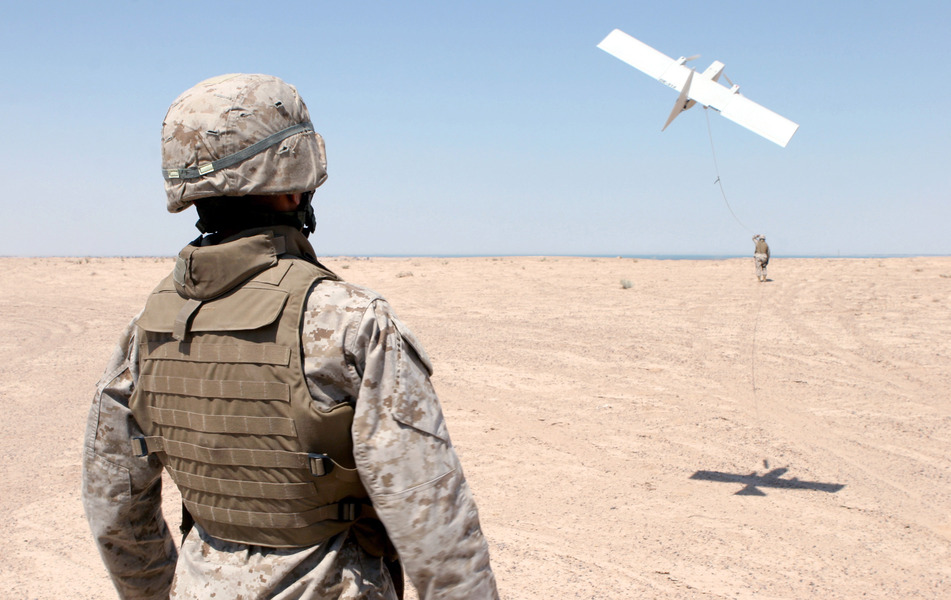Report of the Stimson Center Task Force on Drone Policy
The Stimson Center released today the report of its Task Force on US Drone Policy. The ten-member task force, of which I was a member, was chaired by General John Abizaid and Rosa Brooks. The report makes eight recommendations for overhauling US drone strategy; improving oversight, accountability, transparency and clarifying the international legal framework applicable to lethal drones; and improving export controls for drone technology.
Published by The Lawfare Institute
in Cooperation With

The Stimson Center released today the report of its Task Force on US Drone Policy. The ten-member task force, of which I was a member, was chaired by General John Abizaid and Rosa Brooks. The report makes eight recommendations for overhauling US drone strategy; improving oversight, accountability, transparency and clarifying the international legal framework applicable to lethal drones; and improving export controls for drone technology. General Abizaid and Rosa Brooks have an op-ed in today’s Washington Post discussing the report’s conclusions. In addition, my law partner and fellow task force member Jeff Smith (who served as General Counsel of the CIA) and I have an op-ed in Politico today that summarizes the Task Force’s recommendations relating to international law. We argue that a long-term, secret U.S. drone program, even if it is authorized under U.S. law and defensible under international law, may not be consistent with “more basic rule-of-law principles that are at the core of the American identity and that we seek to promote around the world.” We offer the following recommendations:
—First, improve transparency in drone strikes. The United States should at minimum disclose the number of strikes, the number killed, the affiliations of those targeted, the number of civilian casualties, and the procedures for targeting decisions. It is true that many foreign governments do not want us to acknowledge that drone strikes are being conducted from or on their soil, but the United States should begin the process of weaning those governments from the cloak of secrecy. Our long-term interests in combating terrorism are best served by strengthening democratic and responsible governments, not enabling secretive rulers. Improved transparency is critical to re-building the trust that our allies have in our leadership in international law. —Second, institute more robust oversight and accountability. The president should, by executive order, establish an independent bi-partisan commission on lethal drone policy and strategy. The commission, which might be composed of respected former government officials as well as regional and human rights experts, should not be in the chain of command for drone operations, but it should have the power to review individual strikes, including the intelligence that underpinned the strike and the consequences of the strike. The commission should report annually to the president and to Congress and release an unclassified report to the public. We believe a report by an independent commission would help to address domestic and international concerns that the executive branch is accountable to no one for targeted killings and that U.S. drone strikes are not directed against appropriate targets or may kill too many civilians. —Third, develop clear international legal norms for the use of lethal force outside a traditional battlefield. The traditional rules of war and for use of force do not address the complexities of modern conflicts between states and non-state terrorist groups. We believe the United States has acted responsibly in conducting drone strikes but unless our country clarifies the rules and practices it is following, other states with less justifiable motives can easily point to the U.S. program as grounds to conduct lethal drone strikes that are not remotely responsible. For example, on what legal grounds could we object to Russian lethal drone strikes on Ukrainian “terrorists” in Eastern Ukraine?


.jpg?sfvrsn=82a6ee72_5)


